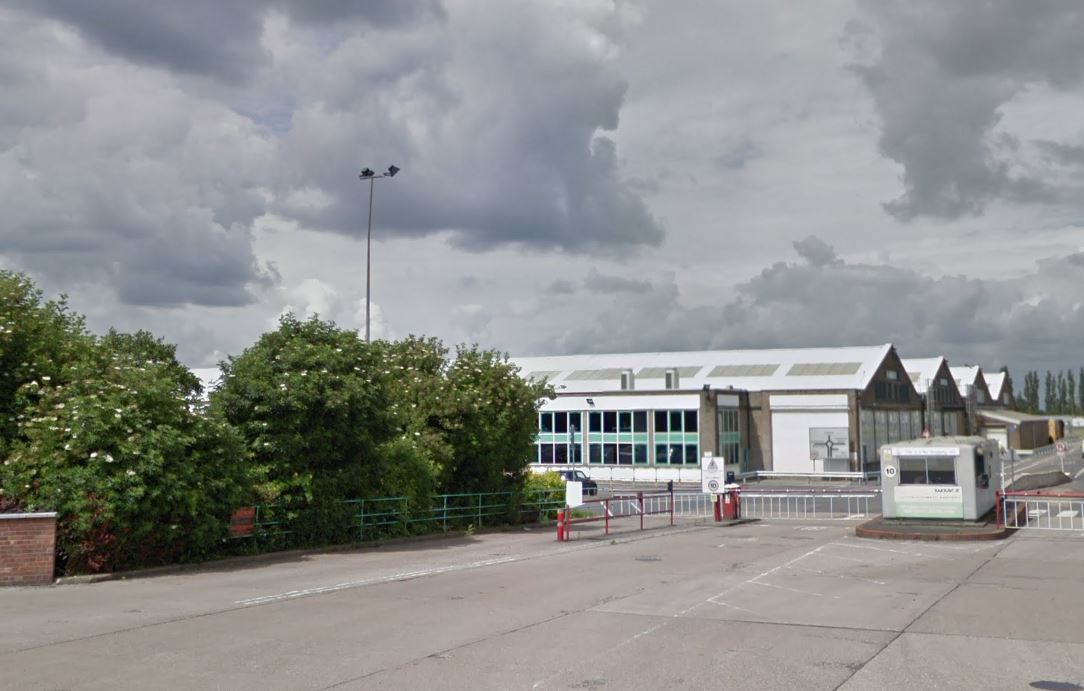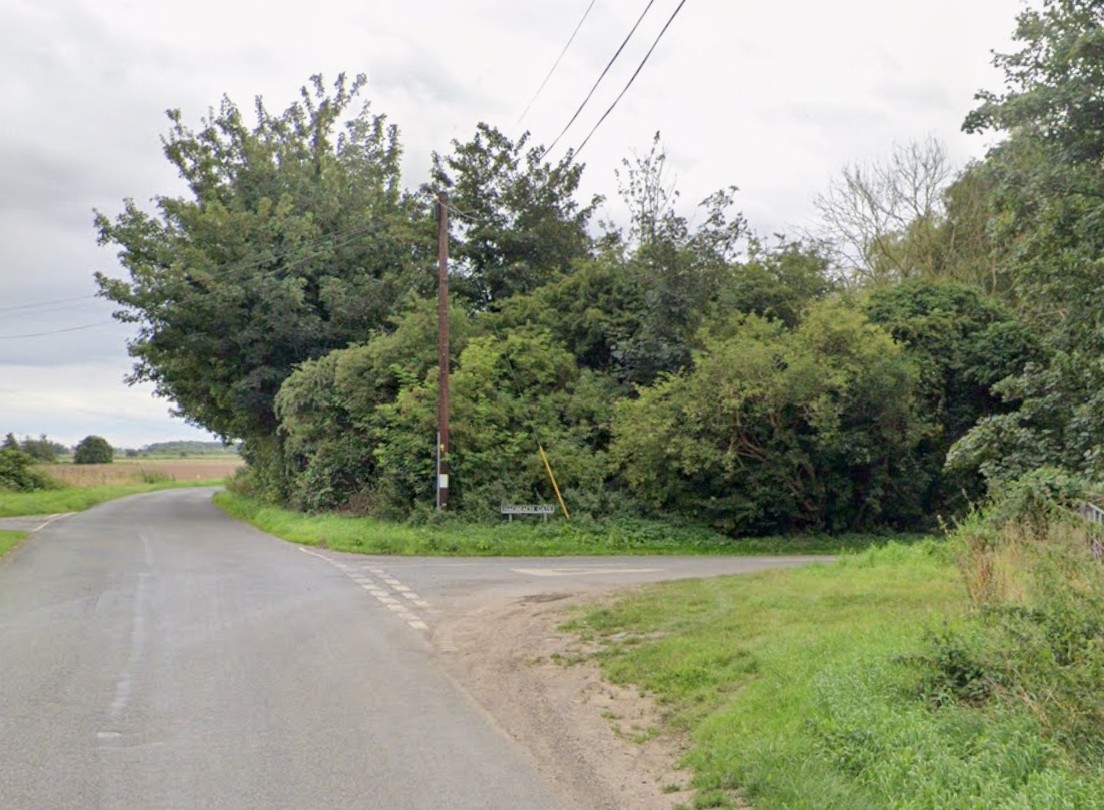A Spalding special school could face a £132,000 black hole in its finances due to rising utility costs and inflation.
Schools in Lincolnshire have expressed concerns that central government funding provided for this financial year does not take into account much higher levels of inflation and the cost of utility bills.
Special Educational Needs and Disability (SEND) schools, such as the Tulip Academy, are set to be hit particularly hard due to the host of differing needs facing the children it looks after.
The academy officially launched at the start of this school term as a merger of The Garth and The Priory Schools and is overseen by the Community Inclusive Trust.
Matthew Bloodworth-Flatt, headteacher at Tulip Academy Spalding, said: “Tulip Academy Spalding is currently protected with a gas tie in until March 2027 and electric until September 2023, however we have no protection with our oil utility.
“If energy prices continue to rise and the government doesn’t set a cap on the tariff or increase funding available to schools, Tulip Academy Spalding will end up needing to find an extra £132,000 per year just for utilities.
“This is unrealistic.”
The school has estimated that electric could rise by £82,000 across both campuses, gas by £30,000 at the Waterside Campus and oil £20,000 at the Springview Campus.
A recent meeting of Lincolnshire Schools heard concerns from a number of headteachers across the county.
Speaking on behalf of SEND schools a spokesman for St Christopher’s School in Lincoln said their £94,000 extra bill, a 300 per cent rise, “would break the school”.
“We can’t sustain any further cuts in real terms,” a spokesman said.
Heather Sandy, Director of Children’s Services, said: “Even allowing for the increase to schools funding in 2022/23, the level of cost rises relating to energy and proposed pay awards mean that schools locally and nationally, like many public sector services, are facing challenging times.
“The council has been working with the Lincolnshire special schools’ sector to calculate those unforeseen costs.
“We can then look at a fair process to give additional financial support to special schools and hopefully provide financial stability for the sector.”







